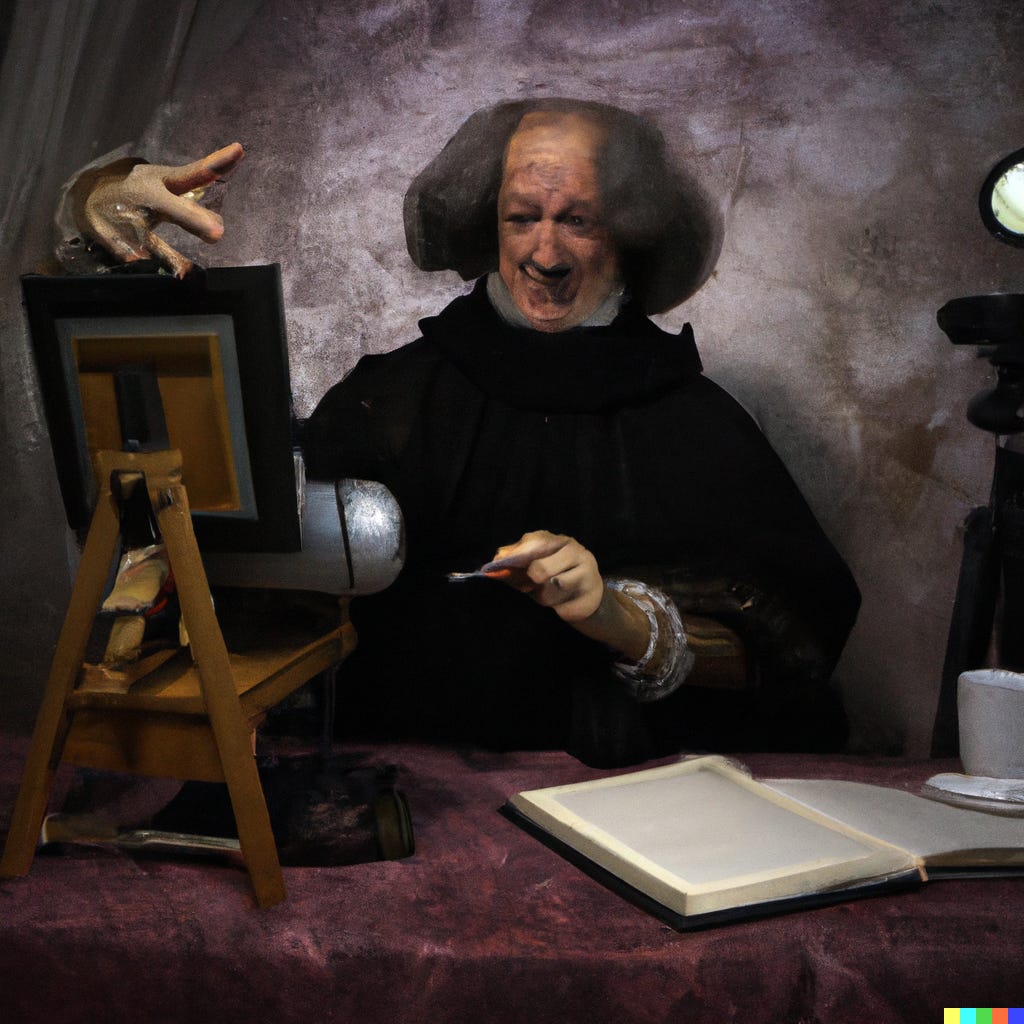How to Rewrite Your Script
We are all actors, performing a script written by our genes, our culture, our beliefs, the thoughts we've had, and the decisions we've made.
You are an actor.
You are an actor when you go to work, when you make love, when you talk to others, and when you dream. You're even acting as you're reading these words.
We are all actors, performing a script written by our genes, our culture, our beliefs, the thoughts we've had, and the decisions we've made. Fortunately, it is written in pencil and there is room in the margins for changes. So, if you're feeling miscast here's my guide to rewriting your script.
Jean-Paul Sartre thought that people take on bad roles (and play them in bad faith) because they fear the absolute freedom of human existence. To be a great actor, you need to know your motivation: what are you trying to achieve and why? Why dress in these clothes? Why work those hours? Why live this way?
Your answers to the first set of questions is only the beginning. To approach your core motivation you need to ask why again and again until you run out of answers. There, at the bottom of the motivation barrel, is your raison d'etre. Use this self-knowledge to make intelligent decisions about changing your lines.
Before you can perform them you have to silence your internal critics. Since birth we are bombarded by negativity — parents shouting at us not to do things, bullies mocking our attempts at individuality — so it is no surprise that our internal monologues often consists of criticism. That inner voice that tells you you're stupid, fat, ugly, or whatever: it knows nothing. Just because it is in your head doesn't mean it should have authority over you.
To undermine the negative voice, try repeating what it says as if it were a cartoon character, like Mickey Mouse. Combat it with positive suggestions. These don't have to be self-help mantras: even just reminding yourself of a previous incident in which you did well can be enough to put you in the right frame of mind to perform.
Neuroscience shows that when we imagine a situation the same part of the brain lights up as if we were actually there. This is why people can work themselves up into a panic just by thinking about public speaking or flying in a plane. This mental rehearsal seriously affects your performance, positively and negatively. If you imagine a successful outcome and you'll be primed for it, and vice-versa
If you are anxious, you can learn to control your imagination using the following trick borrowed from Neuro-Linguistic Programming:
Visualize yourself sitting in a cinema watching a situation that causes you stress. Now reduce the size of the screen, make it black and white, slow it down, turn the sound down. By repeating this exercise you can gain control over the mental representation that causes you anxiety. You could even replay comforting scenes in full colour surround sound if you're feeling really indulgent.
Just as the body responds to the mind, the mind responds to signals from the body, so watch how other actors hold themselves. Observe the details in their posture, tone of voice, and breathing when they are confident. Imitate this and your body will send the right signals for your mind to follow.
As well as observing others, you should also listen to yourself. The language you use offers clues about what beliefs you hold. For instance, if you say you can't do something ask why?. In most cases the belief is a baseless fear. By turning every can't in your script into a can you gain more control over your destiny.
Of course, the worst type of actors are the ones you can see acting or who are just prostituing themselves for the money. It is far better to employ the Stanislavskian method of fully embracing your chosen role than to do so self-consciously. To avoid dissociating from your role, I recommend becoming more mindful: live in the moment, really breathe each breath, really savour each moutful of food, listen intently, speak fluently, don't get distracted by text messages and websites.
As Aristotle says: "We are what we repeatedly do. Excellence, therefore, is not an act, but a habit." Once you understand what repetition can do and how it can fix even the most problematic script, change becomes a question of practice. Self-help people often say that you should live life as if there were no rehearsal, to make every moment matter. But surely if there's anything we learn from the repetitive nature of day-to-day life it is that we can experiment, see what works, and then hone our act. By being more flexible, studying different approaches, learning what you value, and doing things that scare you, your character will take on more depth and you'll have more control over the script.
This article was originally published in issue four of New Escapologist magazine.
Read my other New Escapologist articles.



